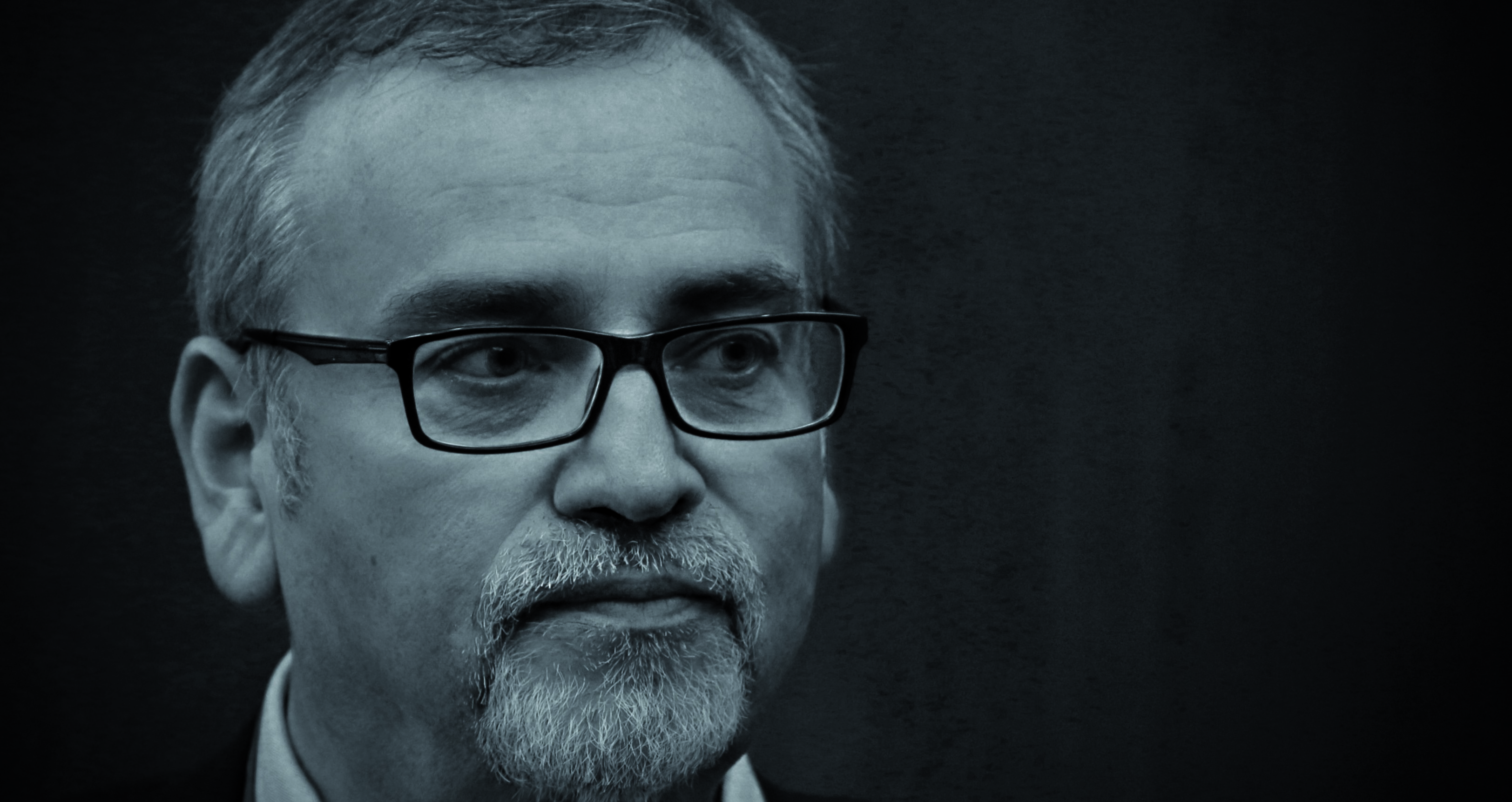We talk about Mersey Care's commitment to building a just culture and the important of staff being able to speak up. We are striving towards ‘Perfect Care’ for people in our care.
We’re tackling some of the most complex issues any NHS Trust has ever said it will tackle. We strive to have no–one in our care dying by suicide by 2020.
Our No Force First initiative, in which physically restraining someone happens only when absolutely necessary, is having a huge impact on the patient experience and staff morale. We know mental and physical wellbeing are linked and we are focusing hard on improving the physical health of our service users, patients and staff.
We’re setting more exacting standards for our staff. So it’s really important for them that ours is a just culture, one where people feel that if they see a situation that is not good for the organisation and service users, they can speak up without fear of repercussion.
Equally, if they themselves make a mistake a just culture would empower them to be open, it would encourage them to readily question what had happened, why and, along with colleagues, learn in a way that greatly reduces the risk of anyone in a similar situation repeating actions that have given rise to harm.
A just culture is not finger-pointing, nor blame-seeking. It’s being open and transparent; asking what was responsible, rather than who is responsible".
This is not something we’ve dreamt up – we’re learning from industries such as airlines and nuclear technology, where errors can have a huge impact. And we’re listening to people like Australian academic Sidney Dekker, whose groundbreaking work on human error and safety has gained worldwide acclaim, and says being open is the only way to improve and that sharing a situation can influence what we do to change things.
A just culture is not the same as an uncritically tolerant culture in which anything goes - that would be as inexcusable as a blame culture.
This new way must be just for patients, carers and their families.
It must facilitate early resolution to as many issues as possible. It will make us think and behave differently, which isn't always easy.
But we’re all human after all - we have to ask ourselves ‘what would I expect for myself or my loved ones'?

